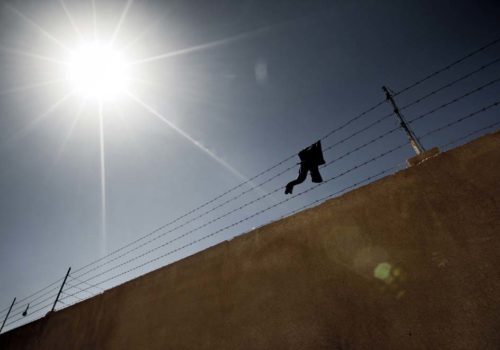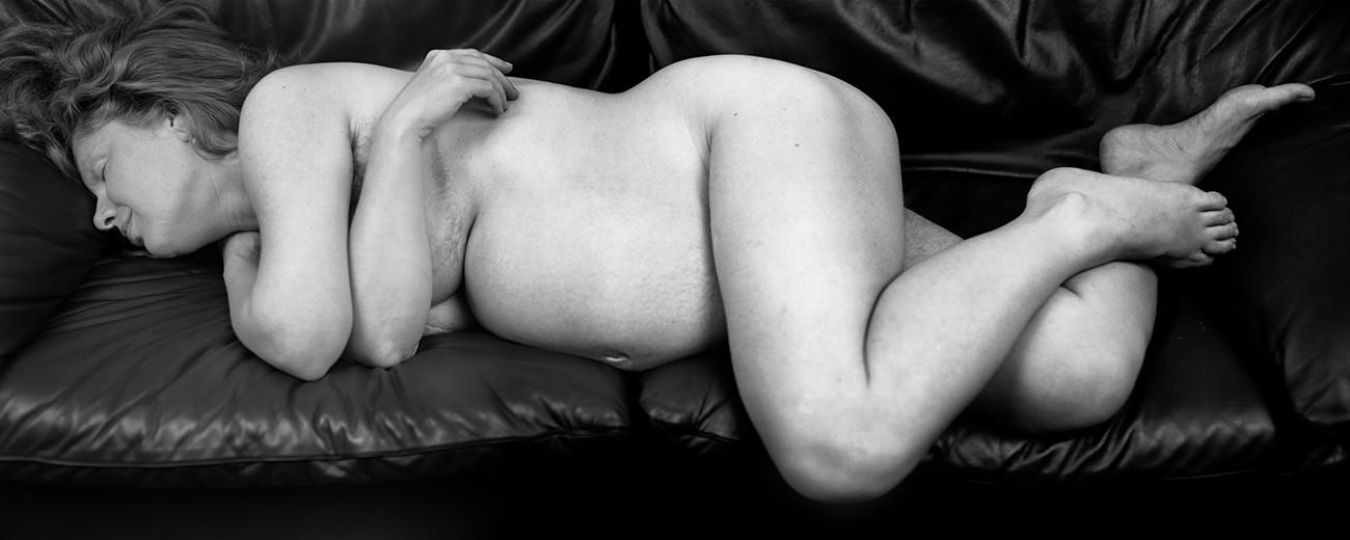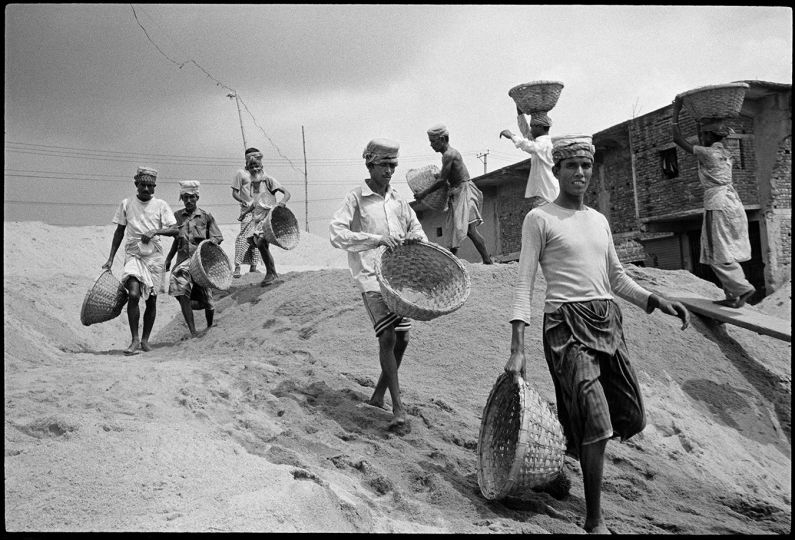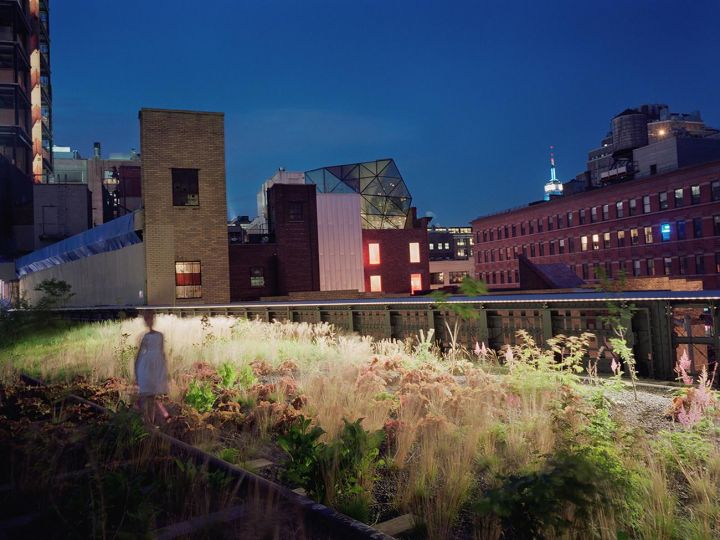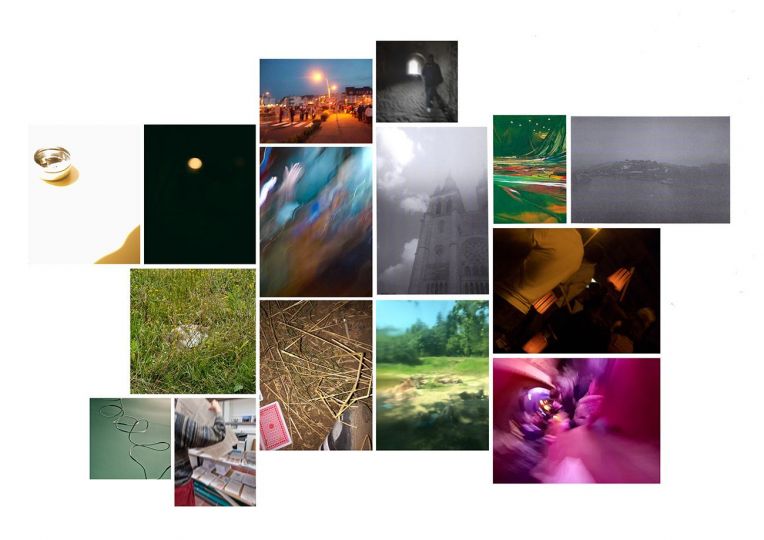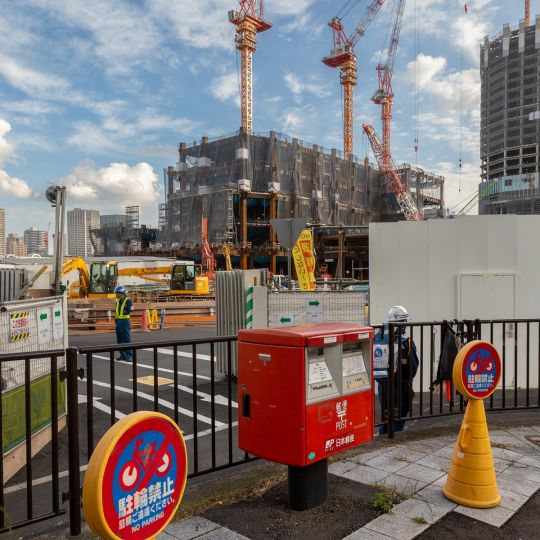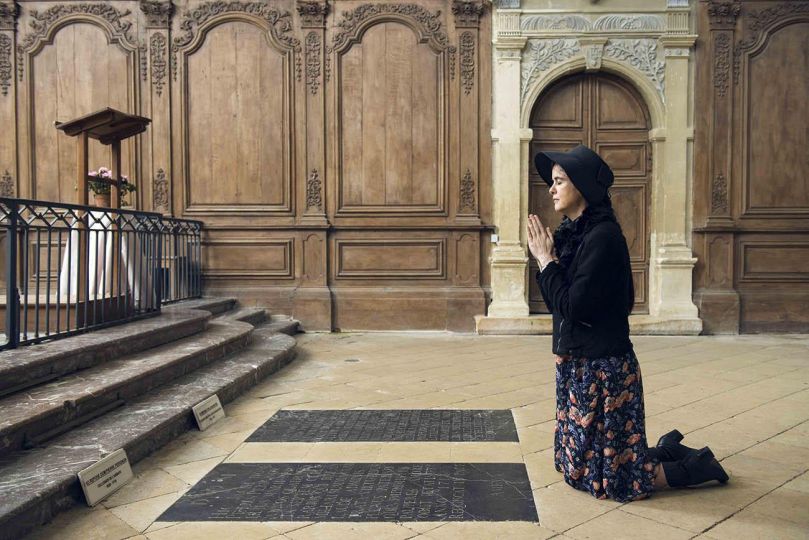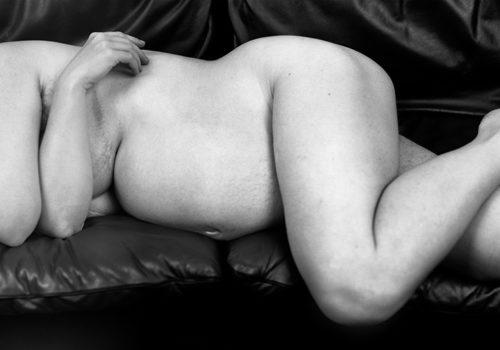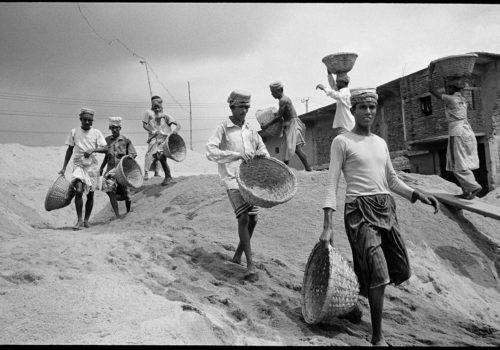The only thing left to do is cling to God
(the comment of a Chadian detainee from the centre of Gharyan)
People closed in for over 12 months. With very little or no information on where they will go or what will happen to them.
Blankets that have never been washed for shortage of water. Bread and jam for breakfast, every day! For lunch, rice; for dinner, rice with a little bit of tomato sauce. People show evident signs of malnutrition. Anaemia is the common diagnosis of detainees. Lack of vitamins. Toilets blocked. Scarce amount of water. Smell. Once people didn’t want be photographed, now some willingly offer themselves as volunteers. In a few centres there is medical assistance offered by humanitarian organizations, but serious problems occur when a patient has to be taken to hospital. The hospitals don’t have personnel experienced in receiving illegal immigrants. Discrimination is the norm. Some patients are kept under military surveillance.
“Before we were fighting for one Gaddafi, now there are a thousand of them”. A phrase of one of the guards.
Just speaking about their condition in the detention centres seems to make them feel better. The most common phrase is: “ We are suffering. We are tired man”.
Some of the detainees begin to think they are treated more like hostages than illegal immigrants. In a few centres the government has not reached an agreements with the Katiba running them. The guards working in some of the centres haven’t been paid yet and they use the immigrants to blackmail the authorities.
The UNHCR was informed of one thousand people leaving Libya and arriving in Italy just for the month of November (external update – November 2012 UNHCR / Libya)
The NGO, both locally and at an international level, try to control the problems they find in the centres, but the will to resolve the problem at the core is lacking by the governments involved or they seem incapable of finding a solution. People continue to arrive in Libya in the hopes of finding a job or of leaving for a European country in order to improve their standard of living. Those who prefer to stay in Libya meet with hostility, racism and the danger of being killed; many end up in detention centres for illegal entrance. The “luckiest” ones succeed in alluding the authorities, getting on a boat, and arriving in Italy, if they don’t die on the trip.
The first question that visitors are asked when they come to a detention centre is: “so, when are they going to let me out? I’ve been here for months and nobody knows when and where I’m going to!”
The UNHCR says there are over forty-‐two detention centres around the country.
In the detention centre of Gharyan there is not enough water, and food is limited, toilets are beginning to have serious problems. The detainees drink salty water. A total of seven litres per person (to wash, drink, for toilets etc.). Minors, pregnant women, and others have all been beaten at some time during imprisonment. Several women clean the guards’ offices in order to obtain privileges, such as drinking water.
Why don’t you ask yourself how some of these women got pregnant? – the comment was made by a Nigerian referring to a few women who recently got pregnant in the Garyan centre.
“If I want to drink tasty (decent) water, I have to buy it”.
The centre of Alghatroum has no medical assistance. The day after my visit a boy died for lack of medical care.
Close to Benghazi the detention centre for illegal immigrants, is sometimes so overcrowded that it exceeds the capacity level of the place.
The Somalian portrayed in the hospital was brought from Kufra in the main city market. He had been wounded during conflicts in both of his legs. I called the International Red Cross to report the situation because he risked losing both legs for lack of medical attention. A month ago there was an epidemic of scabies at Al-‐Khums. Matresses and blankets are laid in the sun as a remedy.
At Sabha the detainees are not all illegal immigrants. A Nigerian showed me a certificate from his doctor that said that he had to go to the hospital to have his genitals inspected. He was arrested while going to hospital.
In the centre at Tweshia there are Nigerian women who are eight months pregnant.
People with serious psychiatric problems put in isolation without the assistance of specialists.
People living in Libya for many years have been arrested and sent back to their own country because they didn’t have any documents to show when they arrived.
Somalis, Eritreans, Chadians, Sudanese, Nigerians, Nigeriens, Ghanaians, Pakistanis, Bengalese, Cameroonians, Malians, Burkinabese, Beninese, Sierra Leonese!!!
These photographs were shot in six different detention centres. I was able to visit two of these centres on different occasions. My objective was to convey the unhuman conditions of the centres. Since it was impossible to stay for lengthy periods owing to the authorities that ran them, I chose to tell this story through significant portraits taken at different times. Documentation began in January 2012 and ended last November.
For safety reasons I decided not to reveal any information on single images, however I was given verbal authorization from each of the detainees. In the case of the centre in Gharyan, the guards themselves gave me the authorization to report on life conditions.
Giovanni Diffidenti

